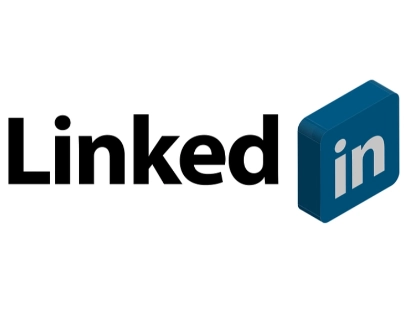From Classroom To Computer: The Evolution Of The MBA
Many prestigious universities offer the popular Master of Business Administration (MBA) degree. This degree has shown resilience in the face of changing challenges and trends. The first MBA program in the United States was established in 1908 by Harvard's Graduate School of Business Administration in response to the need for trained managers to oversee the expansion of the country's industrial sector.
Past Events

Content
 Since its inception as a collegiate program until now, the MBA has equipped students with essential leadership and managerial abilities. In order to give aspiring leaders the tools they need for success, it's critical to comprehend how this well-liked graduate degree has changed over time in light of the changing corporate environment.
The initial curriculum blended challenging academic ideas with actual business problems in order to replicate the then-current company practices. Because of this, the MBA continues to give prospective business students a chance to grow professionally by giving them access to advanced information and skill sets and by opening opportunities they might not have otherwise thought of.
Core courses have changed over time to take into account new fields of study, including technology and information systems, as well as evolving business practices. In recent times, study abroad programs and international partnerships have promoted a global viewpoint. Furthermore, a lot of programs now incorporate ethics and entrepreneurship courses into their main curriculum. A major project or dissertation serves as the program's capstone, reflecting the applied character of an MBA.
Since its inception as a collegiate program until now, the MBA has equipped students with essential leadership and managerial abilities. In order to give aspiring leaders the tools they need for success, it's critical to comprehend how this well-liked graduate degree has changed over time in light of the changing corporate environment.
The initial curriculum blended challenging academic ideas with actual business problems in order to replicate the then-current company practices. Because of this, the MBA continues to give prospective business students a chance to grow professionally by giving them access to advanced information and skill sets and by opening opportunities they might not have otherwise thought of.
Core courses have changed over time to take into account new fields of study, including technology and information systems, as well as evolving business practices. In recent times, study abroad programs and international partnerships have promoted a global viewpoint. Furthermore, a lot of programs now incorporate ethics and entrepreneurship courses into their main curriculum. A major project or dissertation serves as the program's capstone, reflecting the applied character of an MBA.
Techniques
 The MBA degree today encompasses a wide range of teaching methods, moving beyond the old lecture-heavy curricula. While some educational institutions prioritize experiential learning through fieldwork projects and internships, others stress the case study method, which entails analyzing real-world business problems.
Students can concentrate on particular areas and study by enrolling in concentrations offered by some colleges. According to Liesl Riddle of GWU, an MBA program can still be customized to meet the interests and goals of individual students, despite the saying that "no one size fits all."
An MBA program can help students get ready for life after graduation because they are at a disadvantage if they are unable to adjust to the rapidly changing technological world. Students who complete the degree will be able to interpret data, which will help them make better judgments in a dynamic setting. Giving future corporate executives that kind of training can be really beneficial. It's an extremely hard, if not impossible, skill set to mimic online.
The MBA degree today encompasses a wide range of teaching methods, moving beyond the old lecture-heavy curricula. While some educational institutions prioritize experiential learning through fieldwork projects and internships, others stress the case study method, which entails analyzing real-world business problems.
Students can concentrate on particular areas and study by enrolling in concentrations offered by some colleges. According to Liesl Riddle of GWU, an MBA program can still be customized to meet the interests and goals of individual students, despite the saying that "no one size fits all."
An MBA program can help students get ready for life after graduation because they are at a disadvantage if they are unable to adjust to the rapidly changing technological world. Students who complete the degree will be able to interpret data, which will help them make better judgments in a dynamic setting. Giving future corporate executives that kind of training can be really beneficial. It's an extremely hard, if not impossible, skill set to mimic online.






